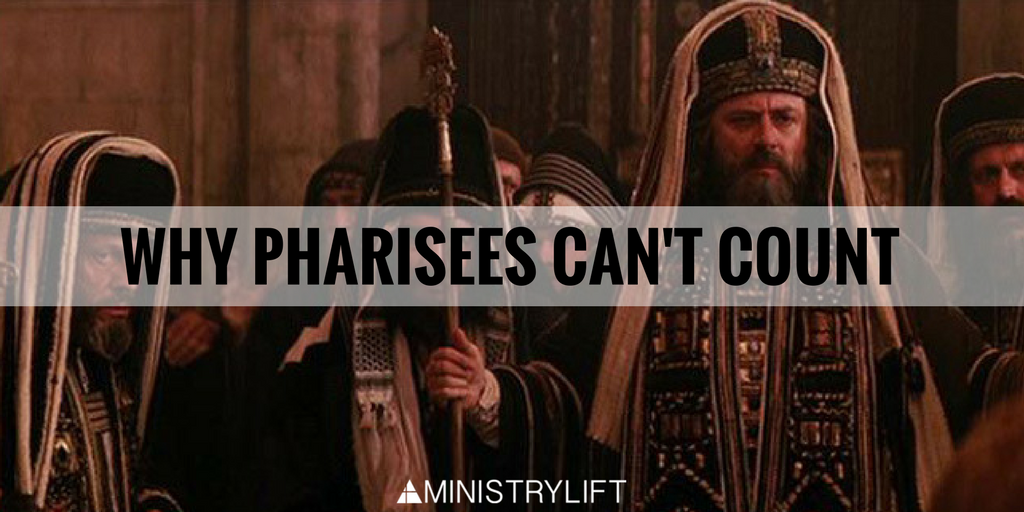Making Conflict Transformational: Strategy #4 – Check Your Own Heart

When it comes to making conflict transformational, it’s so important that we check our own heart. I’m indebted to Ken Dyck and his Freedom Session Participant’s Guide for the material I’m about to share with you.
Think about a particular tension that you are currently experiencing with another person. This could be a friend, a family member, someone in your church, a co-worker, a neighbour or someone else. I’d invite you to work through the following steps with this tension in mind.
Step #1 – Acknowledge Denial
How am I living in denial on this issue? Not am I, but how am I? This could include simple denial, blaming, passivity, intellectualizing, generalizing, minimization, diversion, hostility, dodging, rationalization, bargaining, excusing, attacking, and the list goes on. What is unmanageable and outside of my control with this issue? Why is this so difficult and even painful for me to acknowledge?
Step #2 – Identify Beliefs about Jesus
What do I believe about Jesus on this issue? Do I believe Jesus cares about this? Why or why not? Do I believe God can help me deal with this in a better way than I can? Why or why not? What kinds of things do I keep doing or thinking when this type of "stuff" happens in my life? How would a person who believes and feels that God cares about this pain or issue respond in this situation? How would a person who does not believe or feel that God cares about this pain or issue respond? What do I really believe about God on this issue? Why is it painful or difficult to believe God cares and can help me deal with this "stuff?" Am I willing to believe God cares about me in this issue and that He is able to help me?

